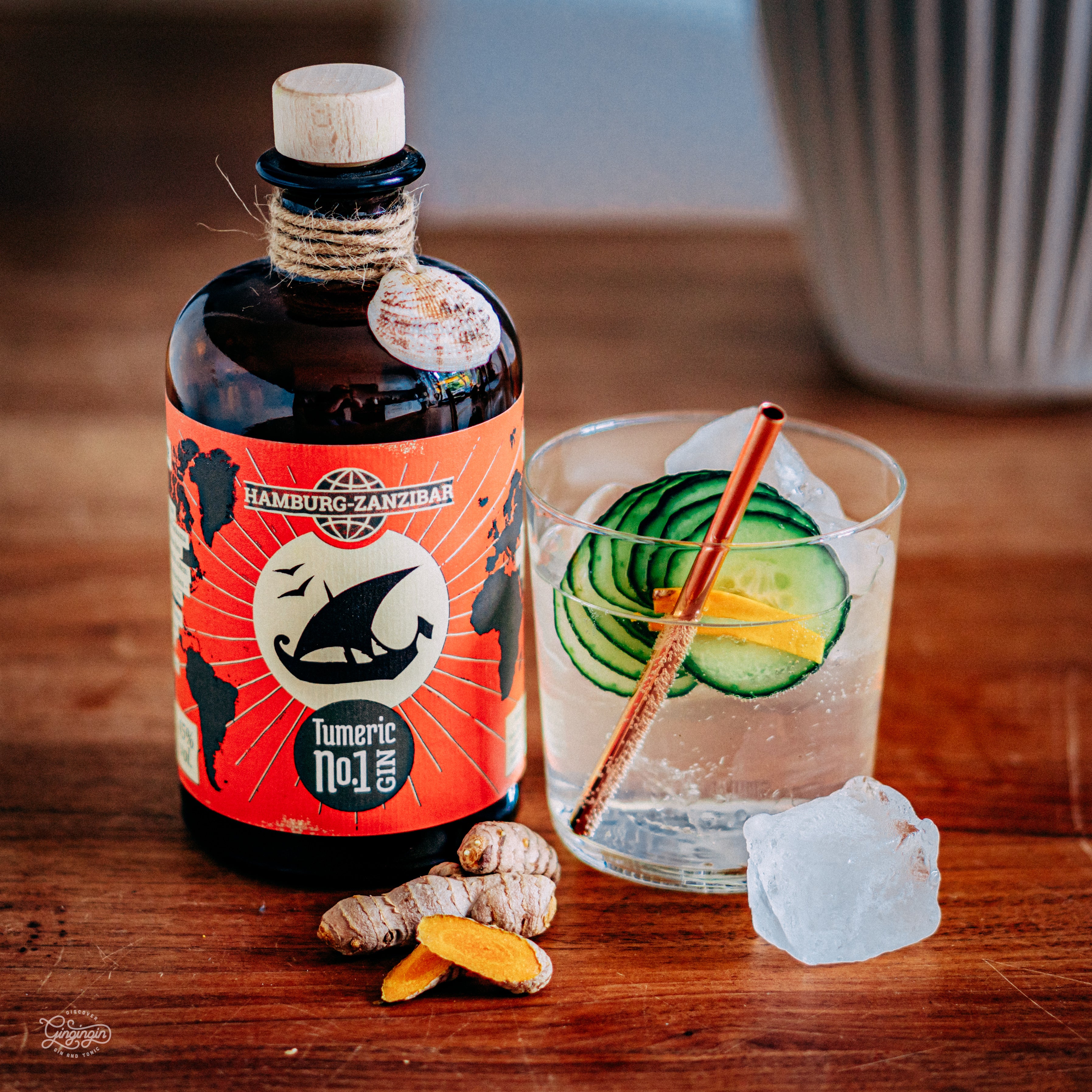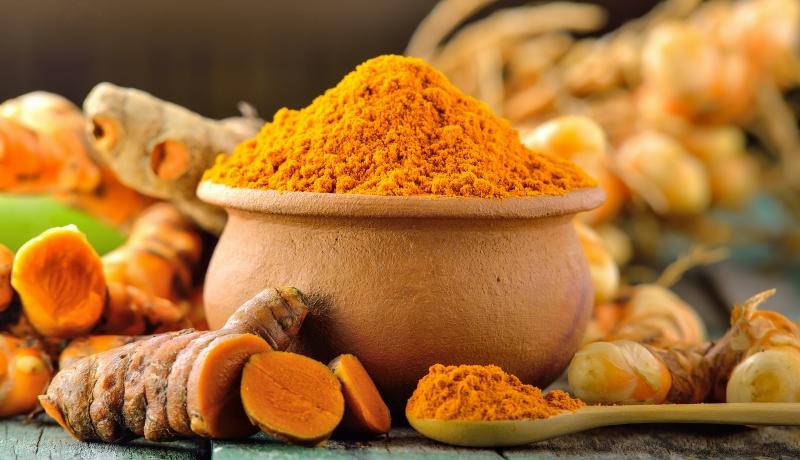
Tips for your next gin tasting. Basic knowledge for gin fans
As a small start-up, we are very proud that our Tumeric No. 1 gin at the blind tasting of the World Gin Awards to the best gin in the world was chosen. Are you wondering how experts actually rate gin? Almost everyone has a supposed gin expert in their circle of friends who makes drinking a science. What's behind it?
The great world of aromas in gin
Every gin consists of Juniper-flavored alcohol and other herbal flavor extracts, which are called botanicals in technical jargon. Different plant aromas are used to give each gin its own distinctive note - the variety of possible blends and worlds of taste is as great as when mixing perfume. Over 120 botanicals are common in the gin world, and innovative stills such as our Hamburg gin manufacture are bringing more and more new botanicals into play. Connoisseurs can taste the individual aromas and thus precisely determine the character of a gin.
Typical and atypical botanicals
In the gin varieties in our Hamburg Zanzibar Gin There are more than 15 different botanicals in the online shop, the aromas of which we obtain through gentle cold extraction (maceration) followed by distillation. This creates the unmistakable, intense taste that can be perceived through the nose even before drinking and tickles the palate. The botanicals we process are not all typical for gin: First of all the turmeric, which you will look for in other gins in vain ...
- turmeric, Woody to earthy, heavy and complex
- almond, nutty aromatic soft
- rosemary, herbaceous-Mediterranean
- Red pepper, fruity, piquant and hot
- Cinnamon blossoms, warming-spicy
- Conifers, resinous
- pimento (Clove pepper), piquant and spicy
- coriander, grassy-earthy
- cardamom, sharp
How can a gin taste?
Juniper has a resinous, bitter and strong aroma that by definition dominates the taste of every gin. It can be combined excellently with spicy and hot aromas, but it can also go in a citrus-heavy or fruity-sweet direction. Connoisseurs distinguish between nine categories of aromas:
- Fruity (tangy and sour), typical botanicals are elderberries, grapes or quince
- Citrus flavors (sour-bitter), orange, lime or lemon peel are typical
- Sweet (sweetish), is rarely used
- Spicy (nutty to spicy), typical botanicals are pepper, cardamom and almond
- Earthy (matt to musky), made from roots and saffron spices
- Resinous, typical for gin and made from wood or herbs
- Herbal (Mediterranean to hearty), typically culinary herbs such as rosemary, sage and thyme are used
- Grassy aromas are rare and are not included in our Hamburg Zanzibar gins.
- Flowery aromas are also rather atypical and make gin appear perfumed quickly. Chamomile, honeysuckle or rose are often used as botanicals for floral aromas.



